Netflix and Prime Video keep canceling their best TV shows early — and I'm fed up
TV show cancellations are becoming a regular thing…
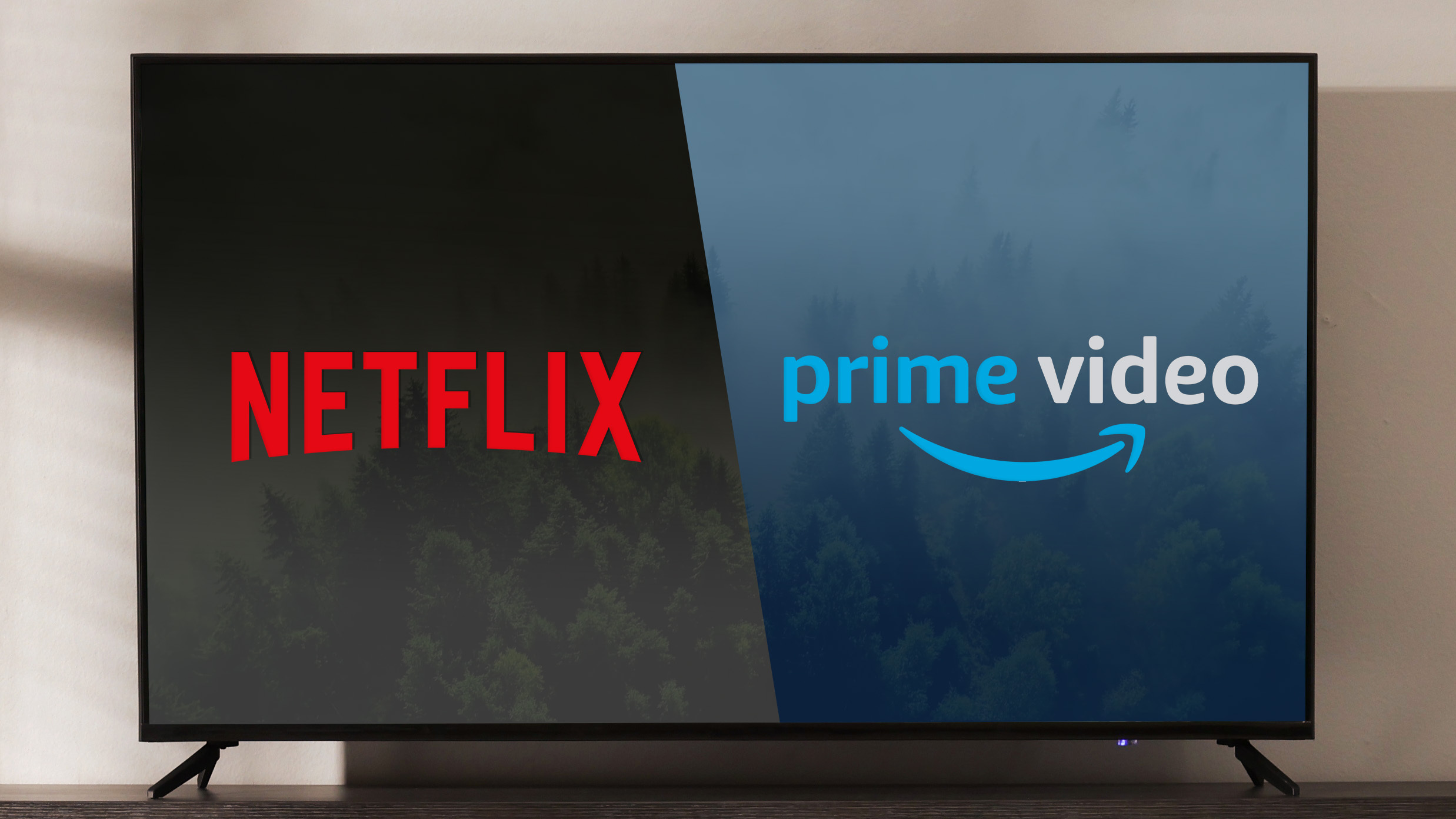
Have you ever invested yourself in a TV show, excited to see where the story goes, only to find out it’s been canceled after just one or two seasons? If you’re anything like me, you’ve probably experienced that sting of disappointment more than once in the past year.
Lately, it seems like Netflix and Prime Video, two of the best streaming services in the industry, have made a habit of axing their most promising shows right when they’re getting good. Instead of giving them time to grow, these streaming giants choose to pull the plug without offering any closure.
The worst part? This trend is starting to change the way we watch TV. With so many shows getting canceled early, it’s hard to trust whether they are worth the emotional investment. Here’s why I’m fed up with this happening…
It’s all about the numbers now
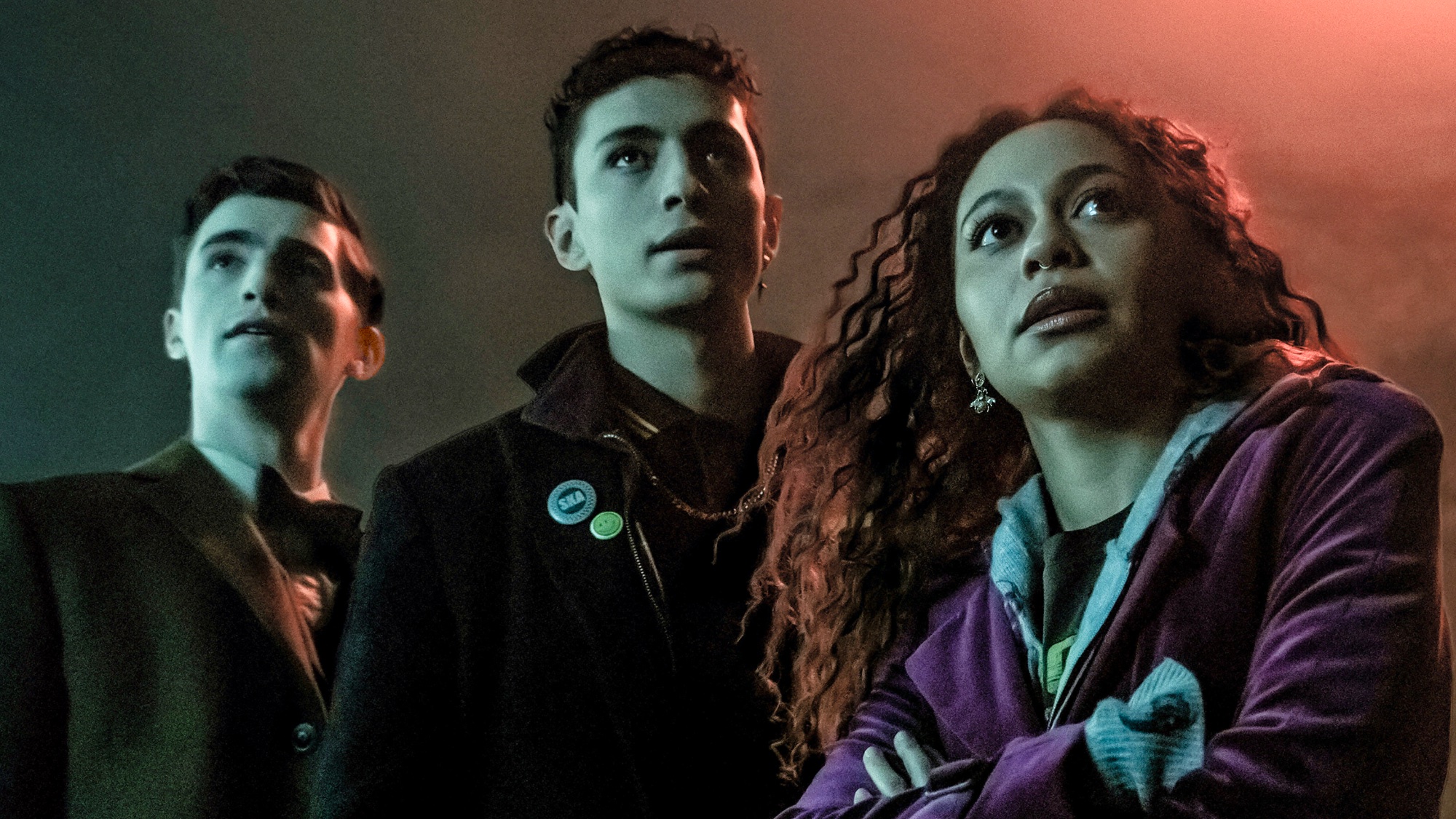
When it comes to the streaming world, it seems that creative freedom and story potential are no longer enough to keep a show alive. These days, it’s all about the numbers. Netflix and Prime Video have shifted their focus from telling compelling stories to prioritizing immediate metrics, and that’s where things start to fall apart for fans. If a show isn’t an instant hit, it’s at risk of being shelved — no matter how promising the plot, talented the cast or loyal the fan base.
These streaming services rely heavily on data to determine a show's fate. It’s not just about how many people are watching, but also how quickly they binge a season. Completion rates, first-week viewership numbers and whether a series creates enough online buzz are what drive these decisions, according to What’s on Netflix.
Even shows with decent completion rates sometimes fall short if they don’t meet these aggressive expectations. For example, “Dead Boy Detectives” was in the Netflix top 10 for a while and earned above 90% on Rotten Tomatoes from both critics and audiences (this is a rare achievement).
Yet, the show didn’t meet Netflix’s internal viewership metrics. As Deadline reported, Netflix has “a fairly high viewership threshold for renewing higher-cost, genre series compared to comedies and reality shows.” This numbers-driven approach explains why so many shows are axed after just one or two seasons.
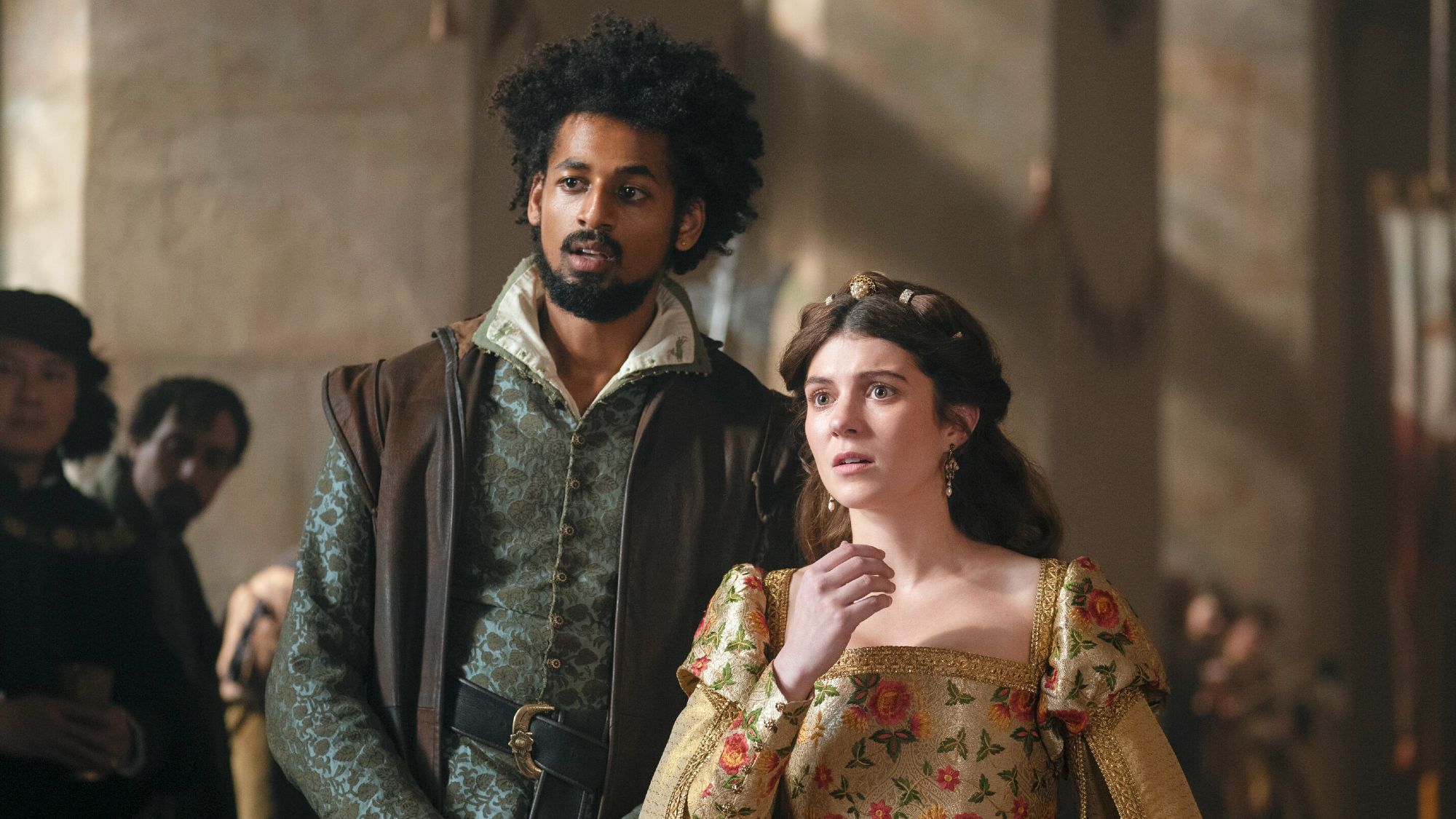
Prime Video’s “My Lady Jane” is another unfortunate example, and its cancellation really angered fans. Deadline stated that Prime Video didn’t renew the series because it “failed to attract a wide audience or make Nielsen’s Top 10 weekly streaming rankings for originals.”
This show was clearly loved, with a fan expressing their disappointment on X: “I’m so upset about this. Jane and Guildford deserved their season 2. The cast deserved their season 2. We had a TV show that had everything: comedy, romance, period drama, a talented cast. And it has its audience, they just don’t want to renew quality things. #SaveMyLadyJane.” Fans even made online campaigns to bring the show back. Fellow colleague Martin Shore also shared his disappointment, noting that "My Lady Jane" was his favorite Prime Video show of the year.
I could easily write pages about the slew of recent cancellations, but the stats speak for themselves: Netflix and Prime Video are just focused on the numbers. While that may make sense from a business standpoint, it’s incredibly disheartening for viewers to see quality shows cut short. As someone who watches movies and shows for a living, it’s hard not to feel disappointed. The constant cycle of investing in stories only to watch them disappear leaves a bitter taste — especially when the shows had so much more to offer.
Some shows need time to grow
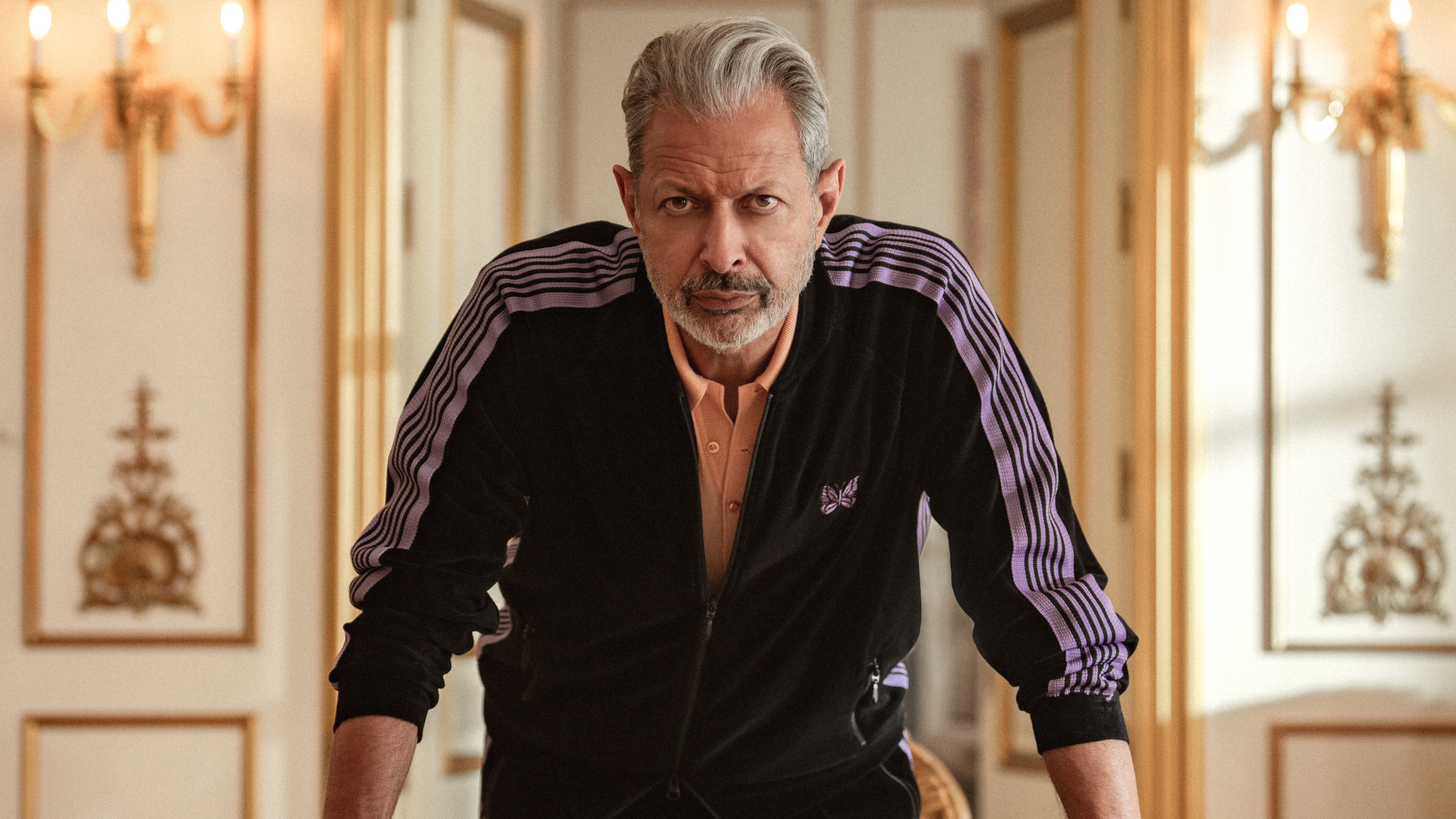
Not every show is an overnight sensation, and that’s okay. Some of the most beloved TV shows we know today didn’t hit their stride until a few seasons in. Take “Breaking Bad,” for example — it started with modest ratings, but by the time it reached its third season, it became a cultural phenomenon.
Shows like “Parks and Recreation” or “Schitt’s Creek” also took time to find their footing, but were eventually adored by audiences. Had they been subjected to the ruthless cancellation trends we see now, we would have missed out on some of the most iconic moments in TV history.
Unfortunately, Netflix and Prime Video seem to have little patience for slow-burn success. But the truth is, some shows need time to build an audience. One recent case includes “Kaos,” which again, was sadly canceled just last week. A reader actually commented on my report, sharing their disappointment: “This series is exceptional. It’s a refreshingly new and unique storyline. I must admit, I'm beginning to tire of the Netflix roller coaster where the highest-quality shows are canceled just as I become invested in them.”
More fans shared their frustration on X, with one user saying: “Kaos was the first genuinely good show they’ve made in ages. Sharp, funny, strange and moving. A stellar cast. And even this gets canceled. The final push I needed to bin my subscription.” Another user agreed that shows don’t have enough time to properly develop: “Why do they even bother making new shows that have a great potential and cancel them after one season? You have to binge everything in one day to get more, and even that isn't enough.”
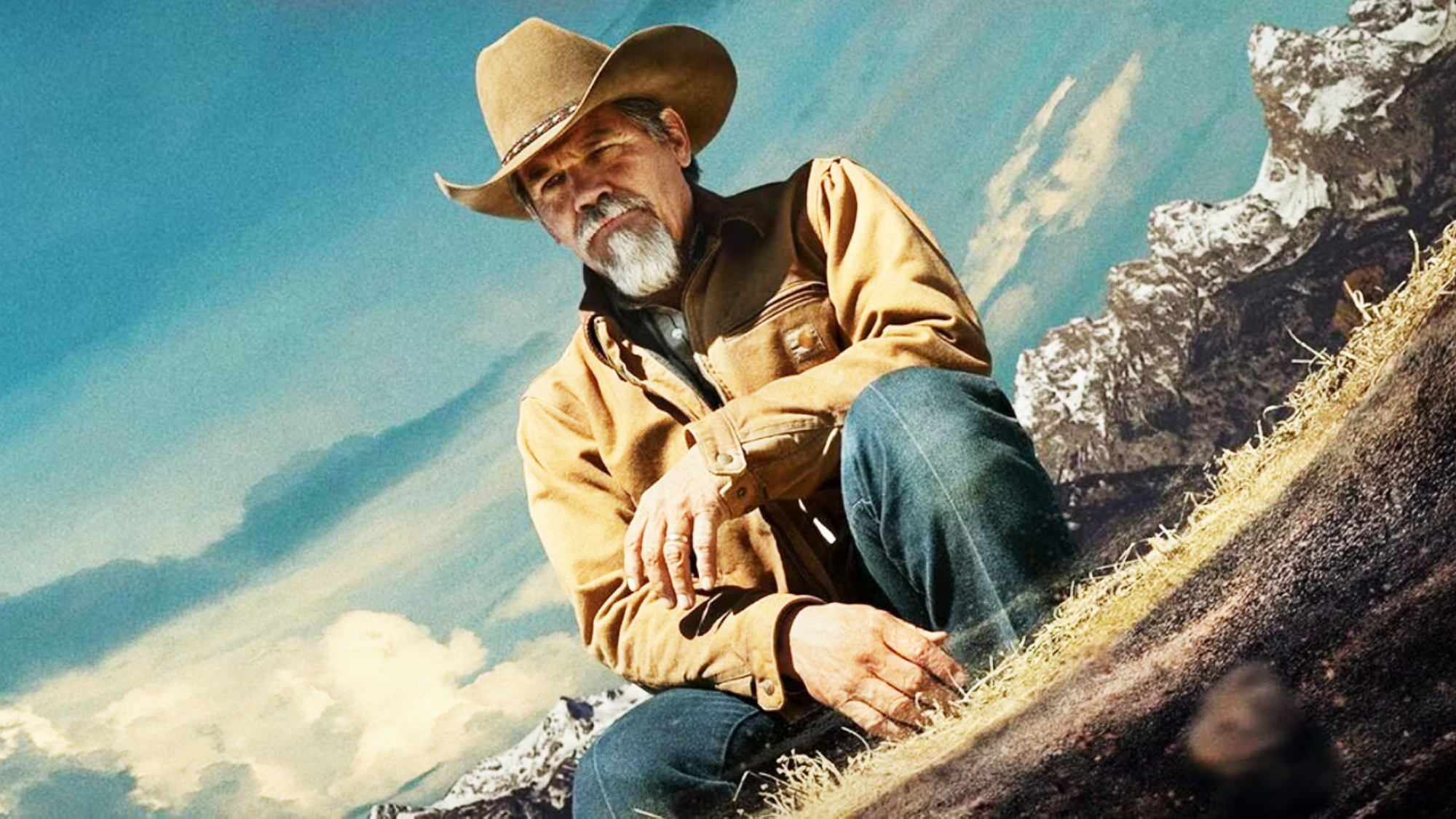
Prime Video’s “Outer Range” actually had time to grow over two seasons, and it developed quite a huge audience. What’s even better is that it took the No.1 spot from “Fallout” in Prime Video’s top 10, proving that viewers were still loving it.
However, the streamer decided to cancel this mystery thriller not even two months after the second season aired. Once again, the show's loyal fanbase expressed disappointment over its cancellation, particularly because several storylines were left unresolved. According to The Hollywood Reporter, the show had “strong ratings, just not strong enough to guarantee a third season.”
When streaming platforms cut these shows too soon, they not only rob fans of closure, but also prevent potential cult classics from reaching their full potential. It’s frustrating as a viewer to invest in a show, only to see it canceled before it even has a chance to take off. We’re left wondering what could have been, while platforms move on to the next big thing. Sometimes, greatness takes time — and in today’s streaming world, time is a luxury few shows are given.
I’m worried about the future of streaming
As I look at the current state of streaming, I can’t help but feel concerned about its future. It’s frustrating to see platforms like Netflix and Prime Video cancel high-quality, story-driven shows while renewing lower-quality ones that prioritize mass appeal.
Despite having mediocre critic scores around 60% and audience scores dipping below 50% for every season, “Emily in Paris” is somehow going strong and recently got renewed for a fifth season. Why? Because, for streaming platforms, it’s all about viewership numbers.
This focus on quick, easy wins over meaningful, long-term storytelling is worrying. If shows are only renewed based on how many views they get, rather than their quality or potential, we risk losing out on truly unique shows. I fear this trend will lead to a future of superficial content, where originality and depth are sacrificed in favor of what’s popular in the moment. And this makes me sad.
More from Tom's Guide
Sign up to get the BEST of Tom's Guide direct to your inbox.
Get instant access to breaking news, the hottest reviews, great deals and helpful tips.
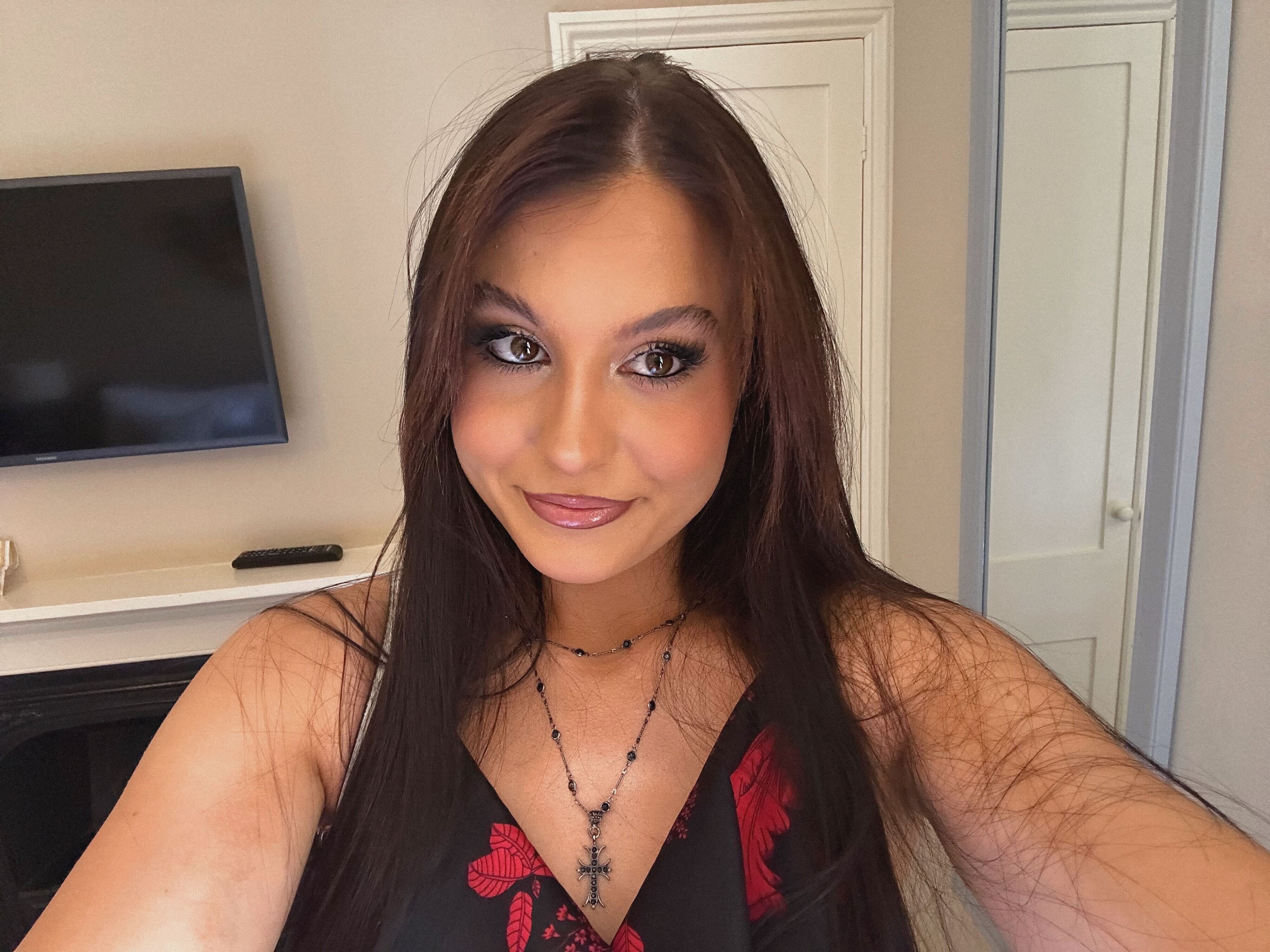
Alix is a Streaming Writer at Tom’s Guide, which basically means watching the best movies and TV shows and then writing about them. Previously, she worked as a freelance writer for Screen Rant and Bough Digital, both of which sparked her interest in the entertainment industry. When she’s not writing about the latest movies and TV shows, she’s either playing horror video games on her PC or working on her first novel.
